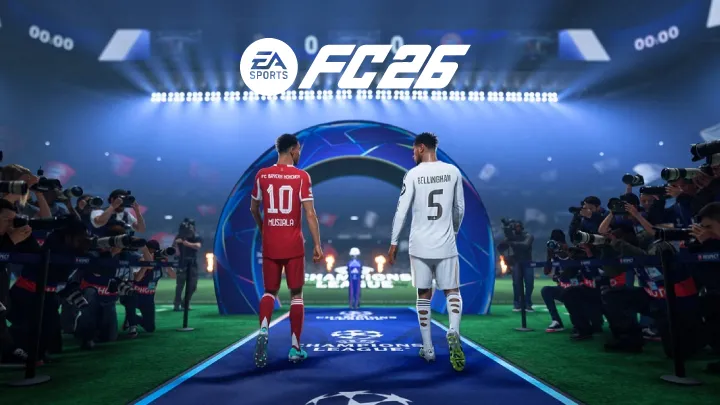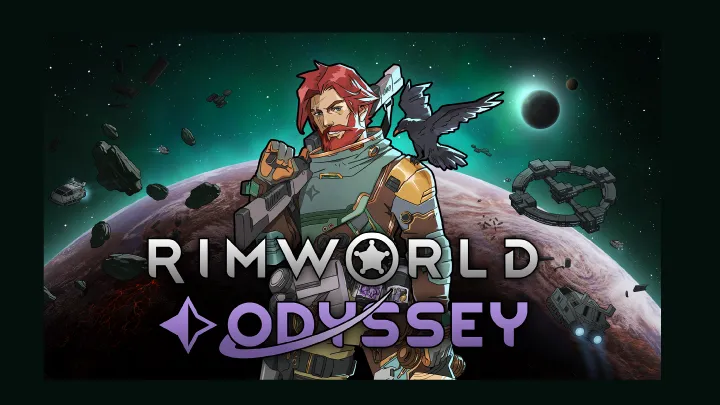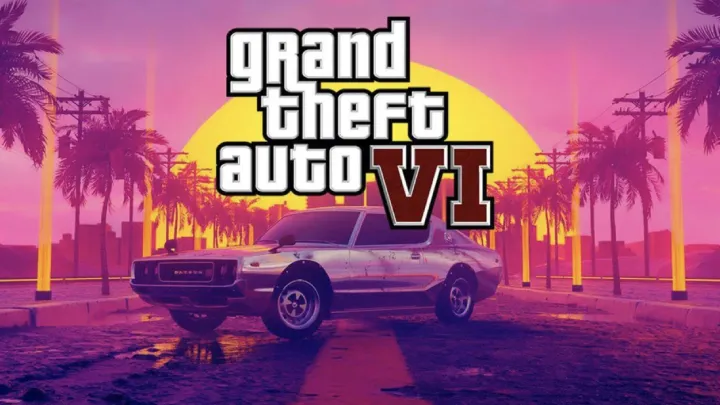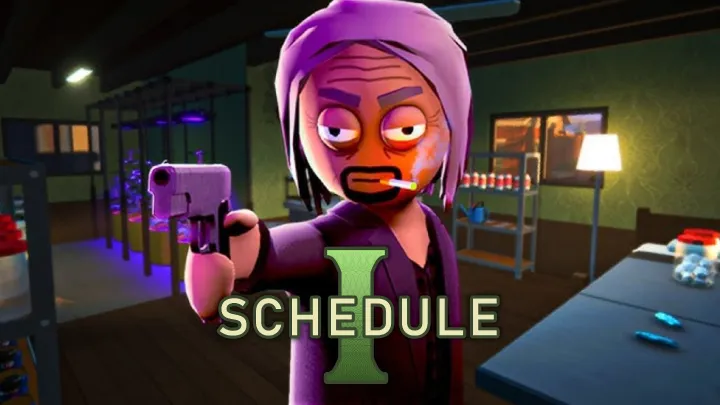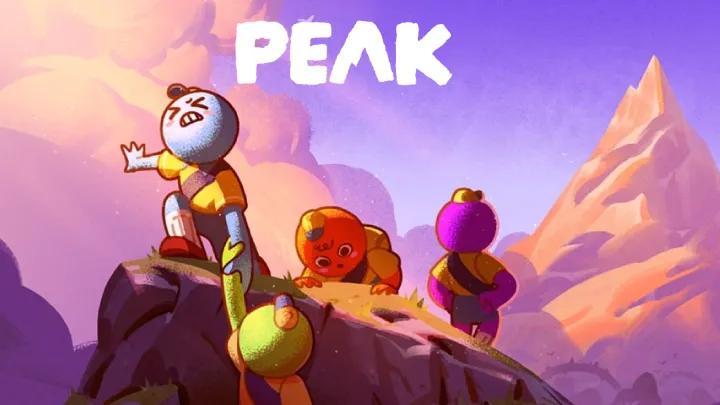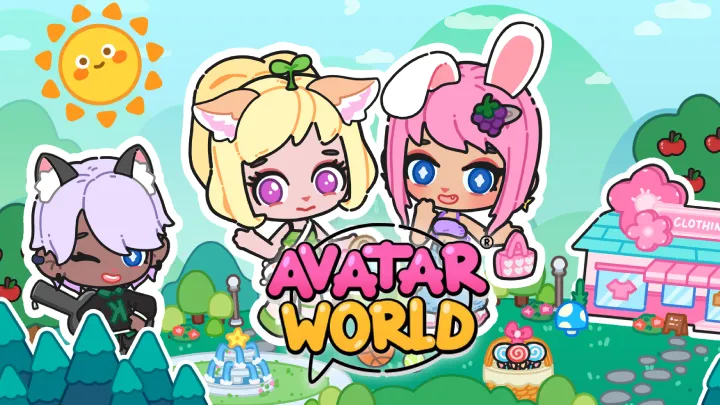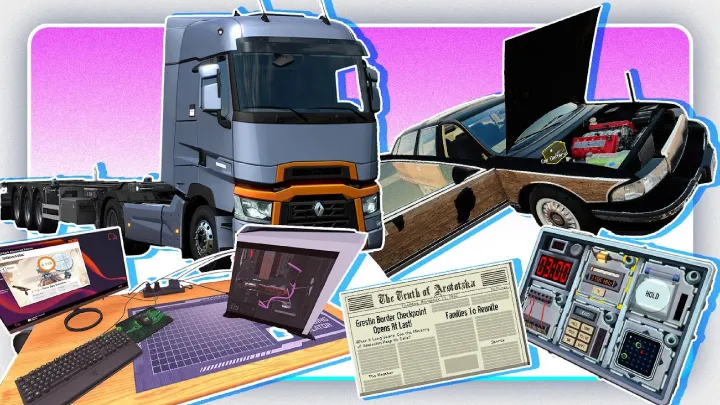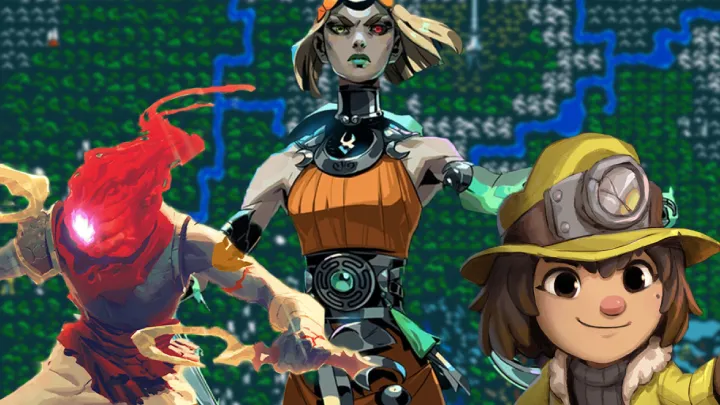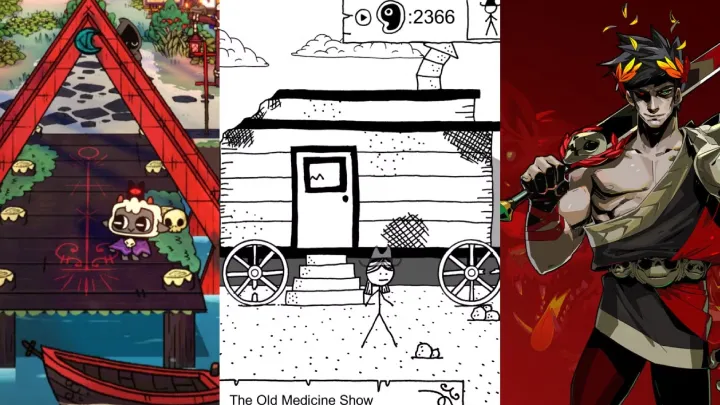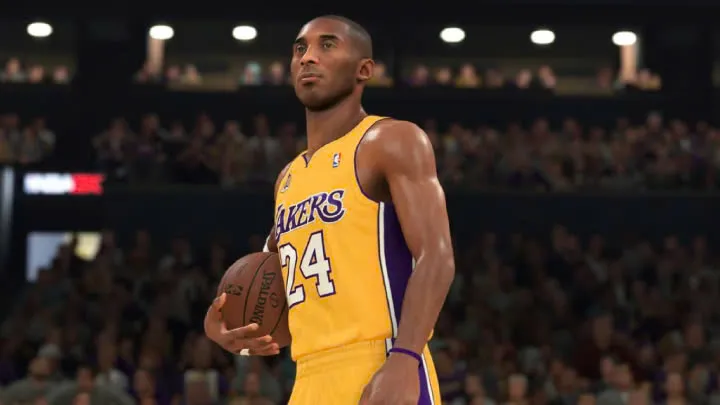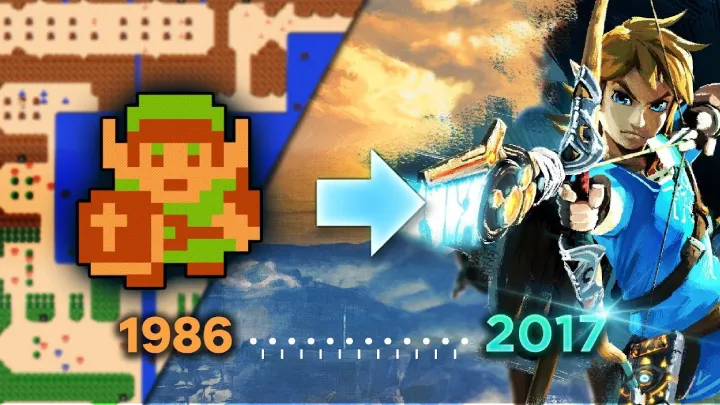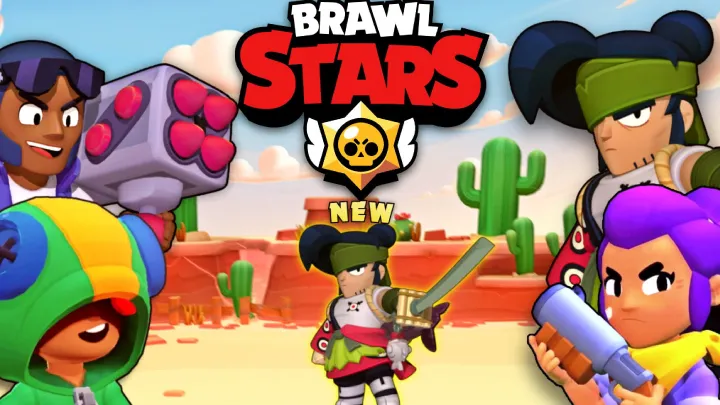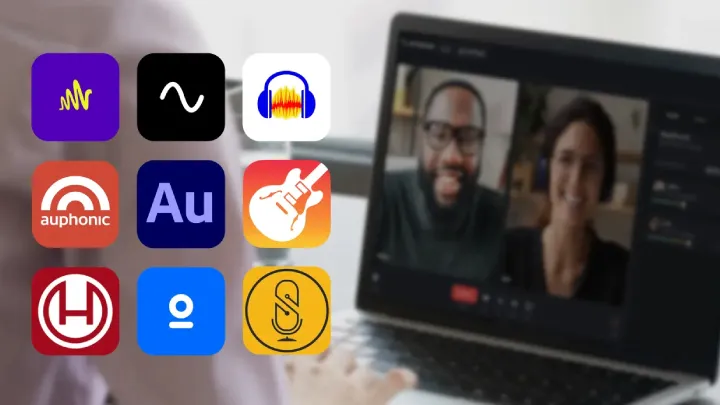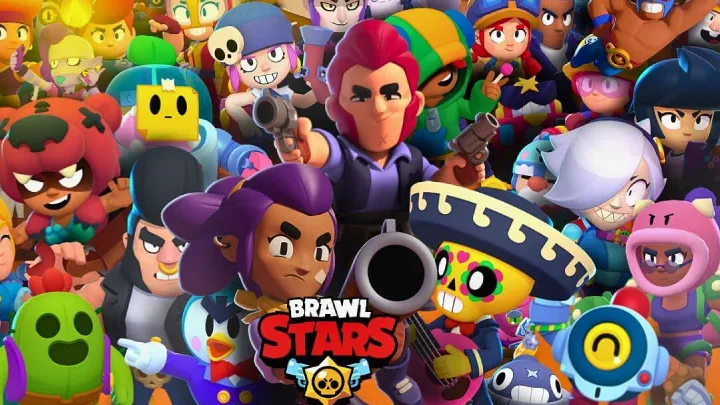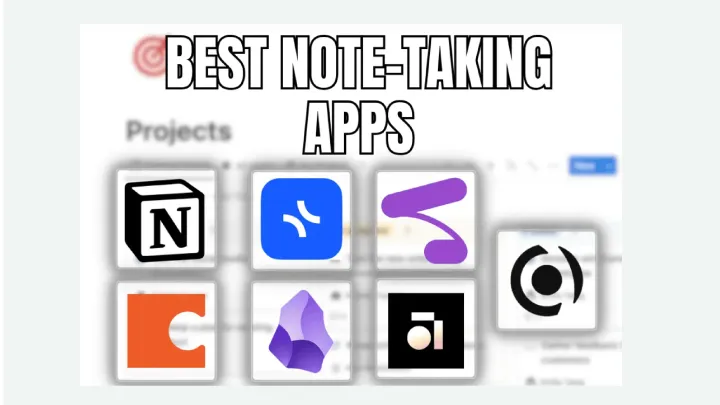The digital marketing landscape in 2025 is fundamentally different from what it was just a few years ago. Artificial Intelligence is no longer a buzzword reserved for futurists or tech enthusiasts; it has become the backbone of marketing strategies across industries. Businesses now rely on AI to analyze data at lightning speed, automate repetitive processes, create hyper-personalized content, and predict consumer behavior with remarkable accuracy. From small startups to multinational corporations, every brand is finding ways to integrate AI-powered tools into their marketing ecosystems to stay competitive.
This article explores the top 10 AI-powered tools transforming digital marketing in 2025, offering insights into how each tool is reshaping the industry. Rather than simply automating tasks, these tools are redefining creativity, personalization, and customer engagement. By the end, you will see how the synergy of human creativity and AI-driven precision is setting new standards for marketing excellence.
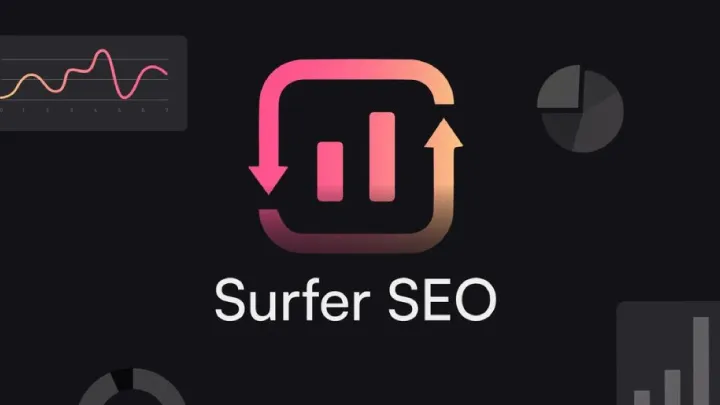
1. Jasper AI – The Evolution of Content Creation
Jasper AI has become the gold standard for AI-powered copywriting and content generation. In 2025, the tool has expanded far beyond producing simple blog posts or ads. Jasper now integrates real-time SEO optimization, audience tone customization, and adaptive learning from brand guidelines. Marketers no longer worry about inconsistent brand voice because Jasper can analyze years of company communication and replicate it flawlessly.
Its transformation lies in balancing speed with creativity. While early AI tools often produced generic or repetitive text, Jasper’s deep-learning capabilities ensure unique, engaging, and context-driven content. For businesses, this means faster content pipelines, reduced dependency on large writing teams, and the ability to scale global campaigns while maintaining cultural nuance.
The most remarkable shift is in Jasper’s predictive storytelling feature, which anticipates consumer reactions and adjusts phrasing to maximize engagement. For digital marketing in 2025, Jasper is not just a writer; it is a creative partner.
2. Surfer SEO – AI-Driven Search Optimization
SEO is no longer about stuffing keywords or chasing Google’s ever-changing algorithms. Surfer SEO in 2025 uses artificial intelligence to analyze billions of search data points in seconds and recommend exact strategies for ranking. Its AI models can predict search engine updates, forecast keyword trends, and even generate content outlines that align with user intent.
Marketers now leverage Surfer SEO to maintain dominance in competitive niches. Instead of guessing what search engines want, businesses receive data-backed insights on content length, structure, backlinks, and semantic relevance. The tool goes a step further by integrating voice search and AI chat queries, recognizing that the future of SEO extends beyond traditional search bars.
Surfer SEO embodies the future of data-driven marketing, where precision is the key to visibility and conversions.
3. Copy.ai – Personalized Campaign Messaging
While Jasper excels in long-form storytelling, Copy.ai is redefining short-form messaging. From ad copy to email subject lines, Copy.ai leverages AI to tailor messages based on customer behavior and psychographic profiles.
In 2025, personalization is no longer optional. Consumers expect brands to speak directly to them, and Copy.ai delivers by generating thousands of message variations tested in real time. Its adaptive A/B testing ensures only the highest-performing copies reach audiences, dramatically improving engagement rates.
What sets Copy.ai apart is its ability to capture emotional nuance. Rather than sounding robotic, its messages resonate as if crafted by a seasoned copywriter with deep cultural understanding. For marketers juggling multiple campaigns across diverse audiences, Copy.ai has become an indispensable assistant.
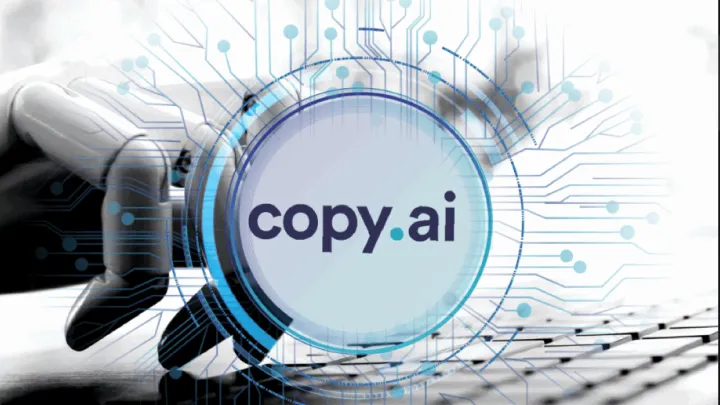
4. HubSpot AI – Intelligent Marketing Automation
HubSpot has long been a leader in marketing automation, but its AI evolution has propelled it to new heights. In 2025, HubSpot AI provides predictive lead scoring, automated CRM updates, and hyper-personalized email journeys.
The tool’s strength lies in integration. Rather than existing as a standalone AI, HubSpot seamlessly merges with sales, service, and analytics systems. This interconnectedness allows businesses to track the customer journey with precision, predicting when a lead is ready to convert and delivering the right message at the right time.
Marketers can now focus less on manual processes and more on strategic planning, knowing that HubSpot AI continuously adapts campaigns in the background. It represents the future of seamless customer relationship management, where data and AI work hand in hand.
5. GrammarlyGO – AI-Powered Communication
In 2025, Grammarly is no longer just a grammar checker. Its AI-powered version, GrammarlyGO, functions as a full-scale communication assistant. Beyond correcting errors, it suggests alternative phrasing, tailors writing tone for specific audiences, and ensures that every piece of content aligns with brand values.
For marketers, GrammarlyGO is a safeguard against miscommunication in a fast-paced digital world. A poorly phrased email or social media post can damage a brand’s reputation, but GrammarlyGO ensures consistency and clarity. Its real-time translation capabilities also allow global brands to communicate across multiple languages without losing authenticity.
The role of GrammarlyGO highlights how AI enhances not only creativity but also credibility in digital marketing.
6. ChatGPT – Conversational Engagement at Scale
ChatGPT has evolved from a conversational AI into a full-fledged engagement powerhouse. By 2025, businesses deploy ChatGPT not only as customer service bots but also as brand ambassadors capable of handling nuanced interactions.
The tool now integrates emotional intelligence models, enabling it to detect customer sentiment and adjust responses accordingly. For digital marketing, this means brands can maintain 24/7 conversations with audiences across social platforms, websites, and apps, without losing the human touch.
ChatGPT’s versatility makes it central to content ideation, campaign planning, and even customer surveys. It transforms passive browsing into active engagement, a critical factor in retaining customers in competitive markets.
7. Synthesia – AI-Generated Video Content
Video continues to dominate digital marketing, but producing high-quality videos has traditionally been expensive and time-consuming. Synthesia revolutionizes this by allowing marketers to generate professional videos using AI avatars and voiceovers within minutes.
In 2025, Synthesia’s lifelike avatars can replicate human expressions, gestures, and accents with near-perfect accuracy. Brands now create localized video campaigns without hiring actors, reducing costs while expanding reach.
The true innovation lies in interactive AI video marketing, where consumers can engage directly with personalized video avatars. For example, a clothing brand can showcase outfits tailored to individual shopping history through Synthesia’s AI models. This personalization makes video not just engaging but also deeply relevant.
8. MidJourney – Visual Storytelling Through AI
While words and videos are powerful, images remain central to branding. MidJourney in 2025 is the go-to AI tool for creating stunning, unique visuals. It allows marketers to generate campaign graphics, social media visuals, and ad creatives that are both original and tailored to brand identity.
Unlike stock photos, which often feel generic, MidJourney’s AI can design visuals infused with emotion and storytelling. This has been particularly impactful for social media campaigns, where visual differentiation is critical.
Marketers also value MidJourney for its ability to create rapid prototypes of campaign visuals, saving weeks of design iteration. In a digital world where visuals define brand perception, MidJourney ensures businesses never fall behind.
9. Adzooma AI – Smart Advertising Optimization
Running ads across multiple platforms has always been complex. Adzooma AI simplifies this by analyzing ad performance in real time and automatically adjusting budgets, targeting, and placements.
In 2025, its predictive algorithms can forecast campaign performance before launch, giving businesses a competitive edge. Adzooma AI identifies the exact audience segments most likely to convert, reducing wasted ad spend and maximizing ROI.
For marketers, this tool transforms advertising from a trial-and-error process into a science-driven discipline. With AI optimizing every click and impression, businesses gain confidence that their ad dollars are being invested wisely.
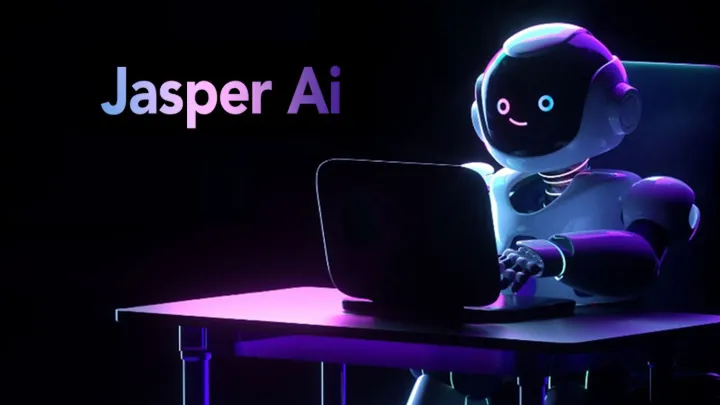
10. Persado – Emotional AI for Customer Connection
Persado is one of the most innovative AI tools in 2025 because it focuses on the emotional drivers behind consumer behavior. While most tools optimize for clicks and conversions, Persado goes deeper by analyzing which words, tones, and messages trigger emotional responses.
Brands now use Persado to design marketing campaigns that resonate on a human level. Whether it is excitement, urgency, or trust, the AI identifies emotional triggers most likely to influence a specific audience.
This emotional intelligence in marketing elevates campaigns beyond numbers and analytics. It reminds us that behind every click is a human being, and Persado ensures that marketing speaks to their hearts as much as their minds.
Conclusion
The top 10 AI-powered tools transforming digital marketing in 2025 demonstrate that AI is no longer just a productivity booster—it is the core driver of strategy, creativity, and customer engagement. From Jasper’s predictive storytelling to Persado’s emotional intelligence, these tools collectively redefine what it means to market in the digital age.
For businesses, the lesson is clear: embracing AI is not about replacing humans but empowering them. Marketers who integrate these tools effectively will not only save time and money but also create campaigns that are smarter, more personal, and more impactful than ever before.
The soundscape of digital marketing in 2025 is shaped by AI, but its melody remains deeply human—the connection between brands and their audiences. Those who master both will define the future of marketing.
